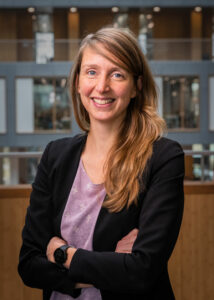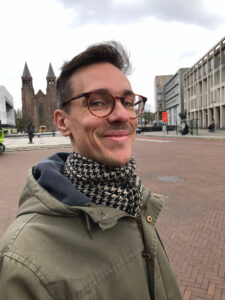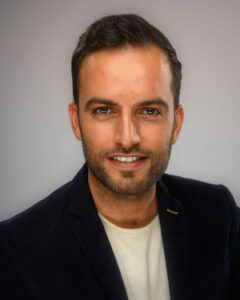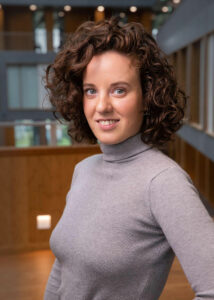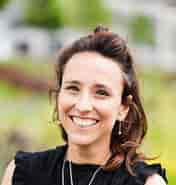It is early 2024 when we enter the second phase of our project Climate Research in Dialogue. The rationale for the project is straightforward. The climate crisis has become a particularly politicized issue in The Netherlands, as it has in other places; with strong disagreement between citizens and between political parties about the origins and remedies for climate change and varying degrees of confidence in climate scientists and their research. This, of course, does not surprise Science and Technology Studies’ scholars as much as others. For decades now, we have been invested in retying “the Gordian knot” of facts and values, science and politics, in one way or the other (Latour, 2012). From that perspective, it would be more surprising if people’s appraisal of certain facts had been completely unrelated to their beliefs about life, health and happiness, or how a just society should be structured and governed. By involving citizens in early stages of research, such as agenda setting, we set out to explore the potential of rendering climate science, and thus aim to render climate policies based on such sciences, more socially robust.
To get a diverse group of people in our civic assembly rooms rather than the usual suspects (e.g., climate activists), we spent hours striking up conversations on the streets of four cities outside of the Dutch metropolitan area. We connected with random passers-by and tried to convince them to participate in our project—using various playful recruitment techniques from a wheel of fortune game play to getting people to vote on specific climate statements. The conversations on the streets were diverse. Distrust of science and other public institutions, despair about the lack of effective climate policies of the Dutch government as well as anger and irritation about climate activism and sustainable actions were common ingredients of our on-street conversations.
But to get the diversity of our on-street conversations into the assembly room more work is needed. The Zutphen assembly (with 29 citizen participants) is a good example. After a three-hour assembly session in February 2024, most of the participants are positive; they seem content about the work. But this is not the case for everybody; after a few days we receive a disappointed email:
The objective [of the session], which in my view was countering polarization in the climate debate, has not been achieved. [Emphasis added] The day was dominated by opinions of people on the left and ultra left side of the political spectrum.
This participant’s reflection immediately raised a deeply felt concern in our team as our aim had precisely been to create space for a diversity of perspectives and experiences. It also resonates with a recurring problem encountered by scholars and practitioners working towards bridging science and society (Hueske, Willems & Hockerts, 2023). Within the fields of STS, public engagement in science and technology, science communication and Responsible Research and Innovation, the lack of contestation in organized citizen participation and dialogue has been a point of contestation itself (Blok, 2014). What is needed to create room for existing societal conflicts and the politicization of socio-technical issues in organized dialogue and participation? How to make such efforts more inclusive of existing and pervasive contestation and distrust?
Science in dialogue
In the Netherlands, as elsewhere, science communication is taking on dialogical forms that demand more from scientists than merely imparting expert knowledge to the public. In recent years, Dutch science policymakers, research funders, and knowledge institutes increasingly emphasize the importance of instigating a two‐way flow of information between insiders and outsiders of science. These flows are centered around the notion of “science in dialogue”, and are designed to break with the deficit model of science communication which asks of scientific experts that they “fill the knowledge gaps” that non-scientists supposedly lack (Davies & Horst, 2016).
Yet, as any science communicator can attest, two-way communication is hard and longer-term participation in research is even harder. Dialogues tend to be time-consuming and require that all parties actively listen to each other, without too many assumptions and by temporarily postponing judgment. This is especially challenging with controversial topics, such as climate change, where there is widespread skepticism or distrust towards scientific institutions; where consequences hit different communities differently and where not everyone feels heard or engaged. This has led science communication researchers in STS and related fields to emphasize the importance of creating more room for conflict in science dialogue (e.g. Braun & Könninger, 2018; Roedema et al., 2022). But what can be done when creating a room is not enough? When it seems impossible to actually include distrustful and angry voices in the organized dialogue? Are there other ways of initiating constructive dialogue built around conflict that engage these wider publics and allow for the articulation of diverging opinions? How can we learn to value ‘the other’ for the legitimate value or emotion that they bring to the dialogue table, particularly when we disagree with their politics, their views, their values?
Staging dialogue as drama
These considerations and lessons-learned inform the ambitions of the Theater dialogues of dissent. This project builds on the first citizen assembly project and seeks to make science communication more participatory in nature and more inclusive of contestation and distrust.
Firstly, to ensure more active engagement of a wide range of voices, we are, for this project, investing upfront in the building of relationships with varying actors with conflicting needs and interests. We will be going beyond merely engaging with citizens once through on-street conversations; we will be building relationships and trust with these actors by actively exploring their own questions and needs, and their own preferred ways of being engaged in the Theater Dialogues of Dissent—e.g. through 1-1 meetings and exploratory and reflexive interviews. By first investing in the building of relationships we hope to create an environment of trust, which allows all actors—also those who are mistrustful of climate policies and climate activism—to have their say. Our hypothesis is that by first building personal, one-on-one relationships with actors, participants will feel more welcomed, valued and relatively safe in group activities as well.
Secondly, we also aim to develop a format that foregrounds conflict and we hope to create a method of theatre dialogue in which conflict is used playfully or dramatically to make scientific and socio-technical issues more accessible, relatable and tangible for a wider group of citizens (Kupper, 2017). More than the substantive issue at hand, the surrounding conflict or controversy takes center stage – not climate change itself, but societal polarization regarding climate change, for example.
Contrary to many dialogical processes, the Theater Dialogues of Dissent are not intended as an interactive process geared toward reaching a common aim based on the joint weighing of arguments, counterarguments, and evidence. Rather, as a theatrical form, they are about generating drama and tapping into affect and emotion, thereby creating a more visceral, embodied connection with the audience, engaging viewers and encouraging them to respond. This can be achieved by personalizing the issue through storytelling and character portrayal, by depicting the experiences of individuals affected by such issues, and by including the perspectives of individuals who are apathetic or angry about the issue or may be unconcerned. During a theatrical dialogue each of these participants is pushed to reflect on their own views and experiences through the confrontation of competing experiences and perspectives. To enable this exchange, a theatrical dialogue usually consists of several scenes in which the audience, in collaboration with a facilitator and three actors, provides insight into how they deal with the complexity of the issue, what values are at stake for them and what perspectives for action they envision. The performances are followed by structured discussions to provide opportunities for audience members to share their perspectives, ask questions, and explore different – if not, divergent – viewpoints. The aim is thus to provide insight into the divergent perspectives, but also acknowledge the “sore points” that come with polarizing issues. Once enough space for deepening and exploring controversy has been provided through the interaction between improvisational play and dialogue, there may also be room for actors to see the controversy from other perspectives than their own, which may allow for changing how they view these complex issues – although the feasibility of this happening remains to be tested and seen.
Theater Dialogues require raw material: situations, interpretations, and encounters on which to build scenes. We prepare for the dialogues by having conversations with a range of people diversely positioned in relation to a particular scientific and socio-technical issue, wherein we discuss their views on and experiences with the controversy at hand. The starting point in these conversations betrays a different approach to inclusion compared to our earlier civic assembly project: building relationships with participants early on and throughout the project, including those with completely different views from those commonly included in citizen participation.
Dissensus and differentiation
This brings us to dissensus and differentiation. Beyond science communication and creative methods, our work taps into a tradition of political philosophy and pedagogy. In countries such as the Netherlands and in Europe more broadly, science dialogue remains firmly grounded in notions of communicative rationality, often at the expense of more agonistic approaches to deliberation. Yet, as the political philosopher Mouffe (2000) has repeatedly stressed, proper democratic politics involves contestation between adversaries, and demands giving legitimacy to conflict and difference in society. For Mouffe (2000), it is a hallmark of a well-functioning democracy when it is able to turn enemies into political opponents, thus enabling a pluralist democratic politics. This message remains timely. More than twenty years after the publication of Mouffe’s (2000) seminal book, The Democratic Paradox, we are witnessing increasing public discontent with science and polarization about the role of expertise in society. Whether the Theater Dialogues of Dissent will deliver on this injunction to politicize and pluralize science is an open question. Perhaps they can function as a brave space in which adversaries play out and rehearse conflicts as legitimate opponents rather than as enemies. This is the challenge we face in an increasingly polarized science-and-society landscape, and which the Theater Dialogues of Dissent take on by invoking drama, dialogue, and dissensus.
Project Fact Sheets
Climate Research in dialogue
Funded by NWA (Dutch Research Agenda) & ASI (Amsterdam Sustainability Institute) In this project we collaborate with G1000, an organization involved in setting up and facilitating civic assemblies with regional and city-governments. In the course of one and a half years, we have four civic assemblies in four different towns: Roermond, Wormer, Assen and Zutphen. Each assembly consists of two sessions and hosts around thirty citizen-participants. In each of the second assembly meetings, 5-10 climate researchers and policy makers join the work sessions.
Theater Dialogues of Dissent
Funded by NWA (Dutch Research Agenda)
Our co-applicants and social collaboration partner are three science museums (Sonnenborgh Museum & Observatory, Museon Omniversum and Naturalis Biodiversity Center) and Man in the Making (Mens in de Maak), a theatre director responsible for the script and the performance of the theatre dialogue. Science museums are currently working on the question of how to make scientific knowledge more accessible and inclusive giving the increasing polarisation around science.
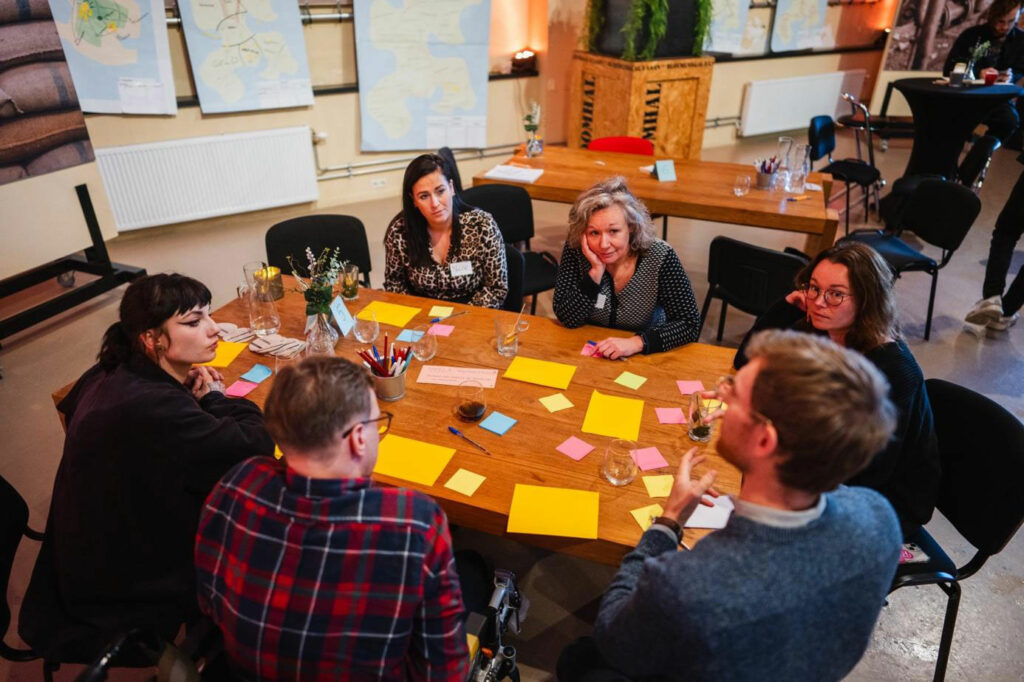
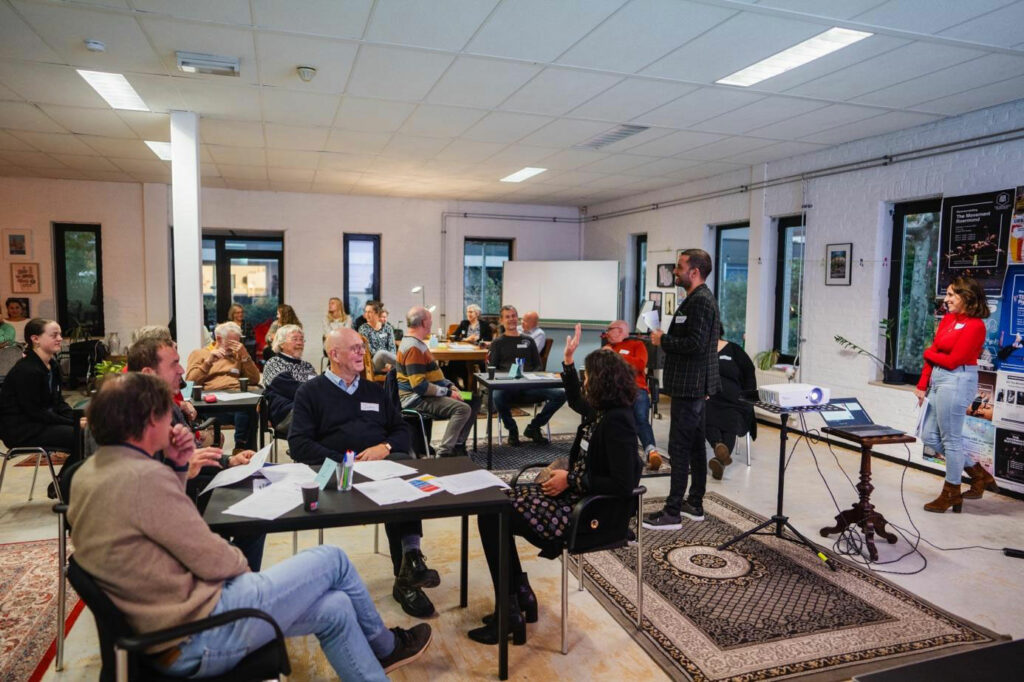
References
Blok, V. (2014). Look who’s talking: responsible innovation, the paradox of dialogue and the voice of the other in communication and negotiation processes. Journal of Responsible Innovation, 1(2), 171-190.
Braun, K., & Könninger, S. (2018). From experiments to ecosystems? Reviewing public participation, scientific governance and the systemic turn. Public Understanding of Science, 27(6), 674-689.
Davies, S. R., & Horst, M. (2016). Science communication: Culture, identity and citizenship. Springer.
Hueske, A. K., Willems, W., & Hockerts, K. (2023). Why and How to Engage Beneficiaries as Co-(social) Entrepreneurs?: Orgware and Mindware for Public Engagement in a Social Economy. Social Economy Science: Transforming the Economy and Making Society More Resilient (pp. 311-333). Oxford University Press.
Kupper, F. (2017). The theatrical debate: Experimenting with technologies on stage. New Perspectives on Technology in Society (pp. 80-102). Routledge.
Latour, B. (2012). We have never been modern. Harvard university press.
Mouffe, C. (2000). The Democratic Paradox. Verso Books.
Roedema, T., Rerimassie, V., Broerse, J. E. W., & Kupper, J. F. H. (2022). Towards the reflective science communication practitioner. Journal of Science Communication, 21(4),1-20.
Author biographies
Willemine Willems is Assistant Professor in Science Communication for Wicked Problems at the Athena Institute, Vrije Universiteit Amsterdam. She has a background in political philosophy, science and technology studies, philosophy of science and ethics. In her current research she focuses on science communication, specifically on engaging publics in science in times of crisis, and the role of science in democracy.
Keje Boersma is a postdoctoral researcher at the Athena Institute of Vrije Universiteit Amsterdam, currently working on Theater Dialogues of Dissent. He recently defended his dissertation Gene drive technology as human intervention into nature. On the fate of environmental ethics in the anthropocene at Wageningen University. He holds degrees in philosophy and geography and urban planning.
Jaron Harambam (PhD) is Assistant Professor of Media, Truth Politics and Digitalization at the Sociology Department of the University of Amsterdam. His research deals with public disputes over truth in a digitalized public sphere. More specifically, he studies conspiracy theories, news and platform politics, and AI (content moderation, search/recommender systems). Central to his research is the participation of multiple stakeholders to design our (future) digital worlds along democratic and public values. His monograph “Contemporary Conspiracy Culture: Truth and Knowledge in an Era of Epistemic Instability” (2020) is out at Routledge.
Tessa Roedema is postdoctoral researcher in science communication at the Athena Institute, Vrije Universiteit Amsterdam. As part of several (European) projects, she contributes to strengthening science communication, journalism and museum networks, and facilitates exchange across research-practice divides. Her research interests lie in public engagement, and science and technology studies, specifically in relation to reflective practice, agonistic sensemaking and public dialogue on contested fields of science.
Esther de Weger currently works as a senior researcher at the Verwey-Jonker Institute and she has a background in sociology, health services research, and science communication. She obtained her PhD from Tilburg University at the National Institute for Public Health and the Environment (RIVM). Her research focuses on the ways that citizens and their needs are placed at the center of addressing complex issues such as health system transformation and the climate crisis. Additionally, her work aims to strengthen collaboration between citizens, policymakers, and researchers.
